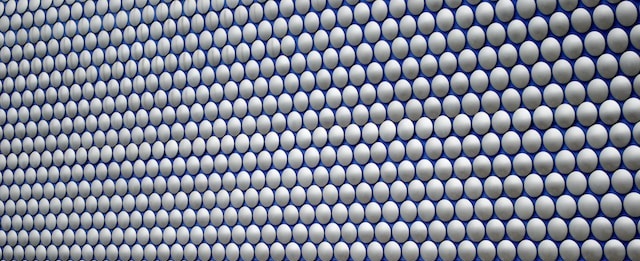A trader whose sales are all standard- or zero-rated for VAT purposes can expect to recover 100% of input tax suffered in relation to services which he buys in for the purposes of his business.
That rule extends to, among other things, VAT on the costs of raising money to fund the business activities – including for example costs incurred by a company in raising money by a new issue of shares.
On the other hand, if a trader makes a supply which is exempt for VAT purposes, it’s not normally possible to recover any VAT in respect of costs which are directly attributable to the making of that supply.
OK so far?
So what happens if, in order to raise money to be used to fund a fully-taxable business, you make a supply which is itself exempt? Can you recover input tax suffered in connection with the making of that supply?
That was the question posed in the Upper Tribunal (‘UT’) case of Hotel La Tour Ltd [2023] UKUT 178 (TCC).
A hotel company wanted to raise money to build a new hotel. In order to do so, it sold its shares in a subsidiary company, and incurred VAT of about £76,000 on the associated professional costs. Was there, in VAT jargon, a ‘direct and immediate link’ to its taxable activities, entitling it to recover the input tax? Or did the intervention of the exempt supply constituted by the sale break the chain?
It’s an area in which, as the UT put it, the reasoning and jurisprudence has ‘evolved considerably’ over the years (translation – the decisions in one or two of the older cases don’t sit comfortably with later ones). But the upshot is that if, looking at the evidence objectively, the purpose of the sale is to raise money to fund the business, and the funds raised are later used to make taxable supplies, then the associated VAT is recoverable. It’s only if the cost of the services is incorporated into the (VAT-exempt) price of the asset sold that the link is broken and the right to recover is lost. This will seldom if ever be the case on a sale of shares – the price isn’t normally affected by the professional costs of sale.
Thus, since Hotel La Tour Ltd’s purpose in selling the shares was, objectively, to raise money to be spent (and which had been spent) on developing its new hotel, it was able to recover the £76,000 as input tax.
Although the case was about the sale of shares, the same principle would appear to apply in any case where funds are raised for use in a taxable business by the making of an exempt supply which meets the criteria described above. The most obvious example is an exempt sale of land. Worth remembering.
For more information, please get in touch with your usual BKL contact or use our enquiry form.


